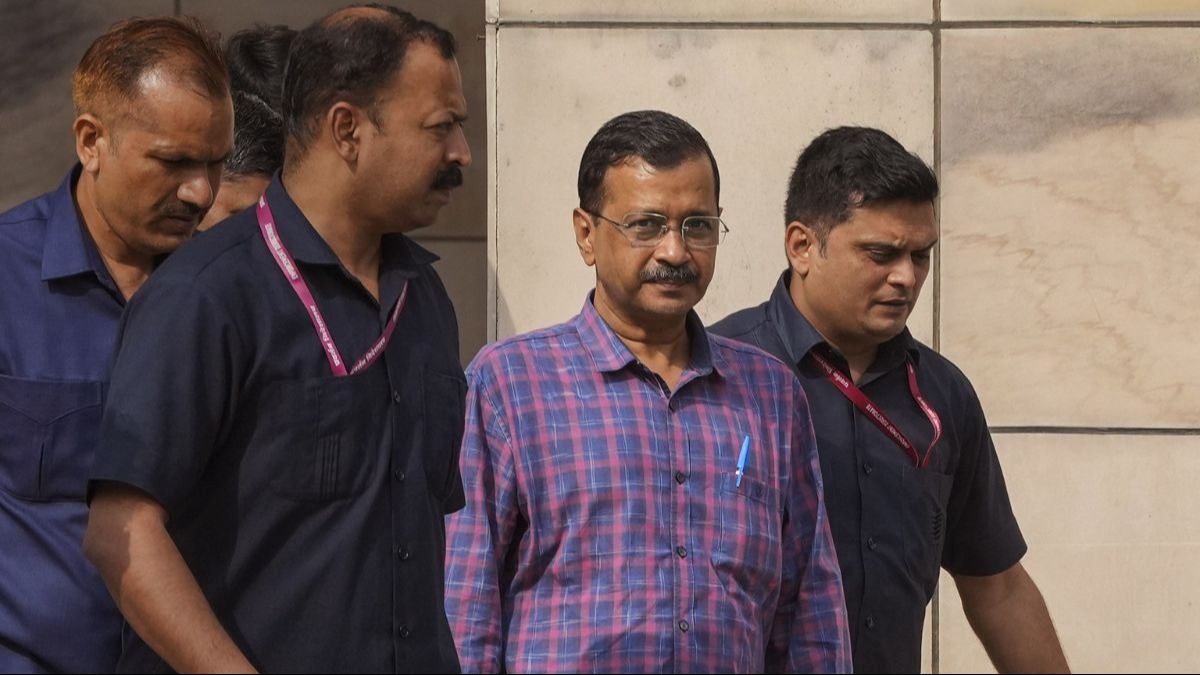Allegations around Delhi's liquor policy have sparked a political shockwave, hinting at widespread ramifications for India's political landscape, especially for regional parties steeped in familial governance.
First raised half a year ago in the Supreme Court, the question lingered: if AAP benefitted, shouldn't it be accused? The Enforcement Directorate (ED) has diligently pondered the legal nuances ever since.
As Delhi's Chief Minister Arvind Kejriwal appealed his arrest, court proceedings reinforced the contention: AAP profited from the scandal. The High Court concurred, paving the way for AAP's formal accusation.
With the High Court equating political parties to corporate entities, AAP finds itself enmeshed in the Delhi liquor scam, potentially setting a precedent for how future political organizations might be judicially scrutinized.
This case isn't merely about AAP - it potentially validates the ED's authority to scalp any political faction for illicit grift, layering complexity for party officials and regional outfits.
Political Parties or Private Companies?
Technically, parties and NGOs aren't businesses, but High Court rulings are blurring these traditionally distinct categories, suggesting parties could be seen as profit-driven entities.
Dissect the High Court's fresh verdict, and it's unmistakable: the line between political parties and private firms has dangerously thinned.
1.
The court's remarks could allow political parties to fall under the Money Laundering Act's purview - a substantial legal pivot enabling the ED to indict AAP officials, including Kejriwal.
2.
According to High Court’s decision, parties fall under PMLA Section 70, just like any 'association of individuals' - a corporate entity.
3.
Section 70 sanctions companies for laundering, holding accountable any individual in charge during the crime - a new legal landscape for political party leadership.
AAP Under Full Investigation
The High Court's ruling insinuates that not only AAP's top dogs but the entire organization could face charges.
1.
The ED argued in court that under PMLA Section 70, AAP is comparable to a company, with Kejriwal accountable for any wrongdoing under his leadership.
2.
As alleged in court by the ED, Kejriwal dictated the party's major activities, hence responsible for finances relating to campaign expenditures.
3.
The ED divulged Kejriwal's direct involvement in the Delhi liquor policy conspiracy, emphasizing the profits were funneled into AAP's Goa election campaign.
4.
According to ED’s submissions, Kejriwal’s actions were premeditated, and the court considered the evidence against him to be substantial.
How Will Other Political Parties Be Affected?
Extrapolating from AAP's situation, other parties could similarly face heightened scrutiny. Even if companies aren't eligible for electoral bonds today, CSR for political parties might be on tomorrow's agenda.
History might soon demand answering for the usage of electoral bonds in a scandalous context — parallels are drawn to AAP's Goa election money trail.
While Lalu Yadav stands alone sentenced in the fodder scam, his RJD party faced no repercussions. But will this always be the case? Both RJD and Congress, already wrestling with linked legal troubles, might see complexities escalate.




